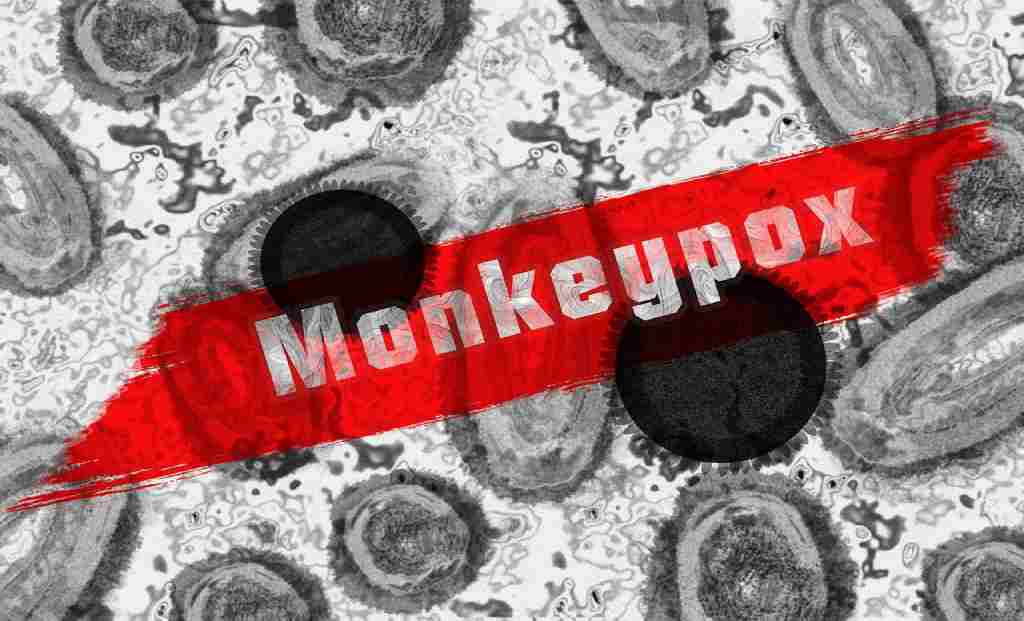WHO Director General expresses worry over sustained transmission of the virus, especially among children, immunocompromised individuals, and pregnant women
In an alarming development, the global health community is growing increasingly concerned about the rise in the number of monkeypox cases worldwide. The World Health Organization (WHO) has expressed particular worry as the recent outbreak has affected vulnerable populations, including children, pregnant women, and individuals with weakened immune systems. The virus, which was previously observed mainly in children, has now been confirmed in over 3,000 patients across more than 50 countries, both endemic and non-endemic to the infection.
WHO Director General highlights the increasing trend of infections among men who have sex with men.
WHO Director General, Dr. Tedros Adhanom Ghebreyesus, emphasized that the trend of infections, particularly among men who have sex with men, is expected to continue. Dr. Tedros expressed deep concern about sustained transmission, as it indicates that the virus is establishing itself and may soon impact high-risk groups such as children, immunocompromised individuals, and pregnant women. The WHO is currently investigating reports of infections in children under 18 in Spain and France, while two cases have been identified in the UK since May.
WHO refrains from declaring a global health emergency but acknowledges the evolving threat.
Although the monkeypox outbreak has reached a concerning scale, the WHO has not declared it an international emergency based on the advice of the International Health Regulations (2005) Emergency Committee. While closely monitoring the escalating outbreak in more than 50 countries, the WHO stated that, for now, it does not warrant the declaration of a global health emergency. However, Dr. Tedros emphasized that the situation is an evolving health threat and that the WHO will reconvene the meeting promptly if the situation worsens.
WHO advises increased surveillance, support for public health agencies, and combatting stigma.
The WHO has advised countries to enhance surveillance efforts by implementing rapid testing methods. It also calls for increased support to public health agencies and frontline healthcare workers involved in managing the outbreak. To effectively contain the virus, the WHO emphasizes the need to combat stigma surrounding monkeypox. Additionally, the organization actively collaborates with LGBTQI+ communities to reduce stigma and ensure their participation in prevention efforts.
Equitable access to vaccines and antivirals stressed as essential countermeasures.
Recognizing the urgency of the situation, the WHO urges countries to provide equitable access to vaccines and antivirals as crucial countermeasures against the evolving health threat. Ensuring accessibility and availability of these preventive measures will play a vital role in controlling the spread of the virus and protecting vulnerable populations from the potentially severe consequences of monkeypox.











